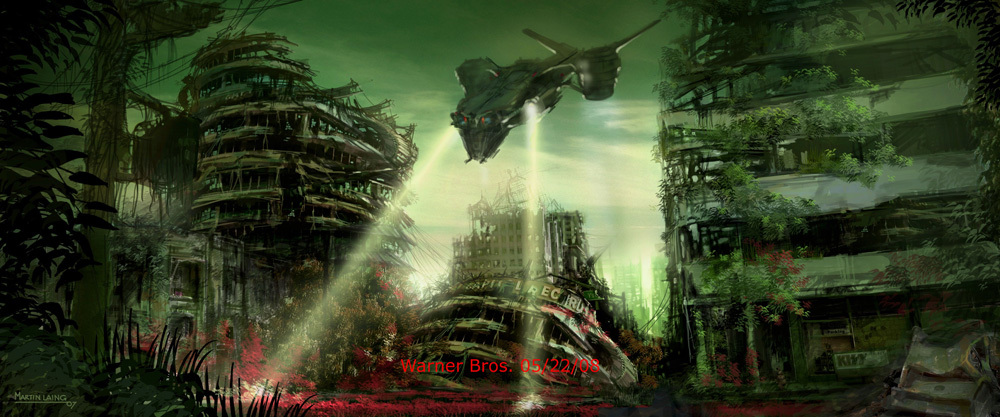Now that I'm back from the wedding, the mind is a little frazzled at the prospect of everything that needs to get done over the next few days. Getting back into a routine this week; meanwhile, here's a 'Thought for the Day' I wrote recently for BBC Radio. It may not be the most elegant or profound thought, but it's helping me stay afloat in the zone of happiness that the temporary community brought together by the last week has provided.
When I was four years old, it was the time of the Jimmy Carter administration, the end of disco, Patty Hearst gets out, Ayatollah Khomeni gets in, Israel and Egypt make nice, the Pope goes to Poland, Saddam takes over, China starts the one child policy, Mr Ed the talking horse goes to paddock heaven. Like I said, I’m four years old, so I don’t know any of this. Well, I might know that I’m four, but as for Patty and Saddam and the Pope and Mr Ed, I’m in the dark. I’m in Belfast, and not without precedent in the annals of childhood, am playing with my toy trucks. Life seems simple. All I have to do was play, eat, and sleep. And in September there’s this thing called ‘the big school’, for which sacrifice I’ll receive the monumental reward of a canvas lunch bag screen-printed with a picture of C3-PO and R2-D2.
What I don’t know is that my life is about to change forever. In December, I will go to the cinema for the first time. I will discover that the human imagination is capable of transporting people into the most amazing places. Places where love is true, where good triumphs over evil, where sometimes even the nerds get the girl. I’ll spend the next thirty years absorbing light dancing on a silver screen, being inspired, challenged, encouraged, and, sure, sometimes disappointed, by the movies. I’ll struggle to keep my own imagination alive, because the world in which we live so often seems to want to destroy it. The pace of life, the pressures of work, the delicate balancing act of being human frequently crowd out space for letting the imagination breathe.
The French philosopher Blaise Pascal wrote that all the problems of the world stem from our inability to sit still and think for ten minutes. The movies, or, actually, any art form allow us the space to do just that. I think we all know, somewhere deep inside, that Pascal was right. That if we are to be fully human, if we are to be at peace with ourselves and our neighbours, we need to nurture the imagination. We may feel that there just isn’t enough time, that we can’t afford art. And that’s understandable given the pressures many of us are under. But, think back to a time when you were moved by a work of art, maybe back to the time when you were as innocent and peaceable as a four year old; and ask yourself now: can I afford not to sit still, with a movie, or a book, or a piece of music, and think for ten minutes?
 Now that I've seen 'Terminator: Salvation', some queries occur to me:
Now that I've seen 'Terminator: Salvation', some queries occur to me: Once upon a time, as a graduate student. I spent three years studying people who believe the pope is the antichrist, a mythical figure referenced (with surprising infrequence) in the Bible, and who over the centuries has inspired some of the strangest speculation and religious behaviour. From the 12th Century mystic Joachim of Fiore who changed the date for the end of the world as often as his undershirt, through the fact that Isaac Newton believed that his discovery of logarithms would speed up the calculation of what the Number of the Beast meant, to apocalytpic frenzy at the time of the French Revolution, right up to more recent doomsayers such as Hal Lindsey (the bestselling ‘non’-fiction author of the 1970s), who may have felt rather conflicted when 1988 came and went without the earth being destroyed, and now
Once upon a time, as a graduate student. I spent three years studying people who believe the pope is the antichrist, a mythical figure referenced (with surprising infrequence) in the Bible, and who over the centuries has inspired some of the strangest speculation and religious behaviour. From the 12th Century mystic Joachim of Fiore who changed the date for the end of the world as often as his undershirt, through the fact that Isaac Newton believed that his discovery of logarithms would speed up the calculation of what the Number of the Beast meant, to apocalytpic frenzy at the time of the French Revolution, right up to more recent doomsayers such as Hal Lindsey (the bestselling ‘non’-fiction author of the 1970s), who may have felt rather conflicted when 1988 came and went without the earth being destroyed, and now